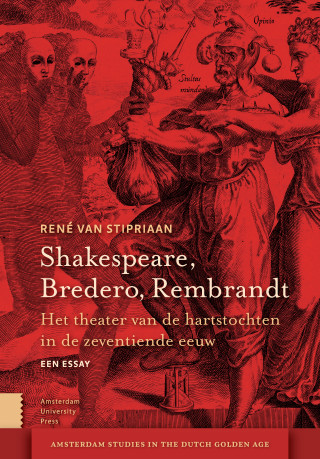This work uses an adaptation of monster theory to rethink the foundations of epic-heroic immortality. Rather than focusing on a specific monster or monsters, the author identifies the “belly-monstrous” as a crucial point of intersection between mothers and warriors in traditional narratives of the Trojan War. Identifying the gestating/digesting belly as the center of the Iliadic world, this groundbreaking approach disrupts androcentric readings of the Iliadic warrior and his ethos, emphasizing the crucial role of female suffering in the generation and preservation of immortal legacy.
The author reconsiders ancient Greek depictions of the Trojan War and its aftermath, including Homeric epic and the tragedies of Aeschylus and Euripides, and illuminates the cohesive patterning of Shakespeare’s “mother-warrior” plays, which place inherited Iliadic-belly-monstrous motifs in conversation with cultural anxieties of late Elizabethan England.
With meticulous scholarship and captivating analysis, Maternity, Monstrosity, and Heroic (Im)mortality from Homer to Shakespeare redefines the relationship between mothers and warriors in the Iliadic-heroic ideal, paving the way for new interpretations of war, grief, and immortal glory in a broad range of literary and cultural contexts.

